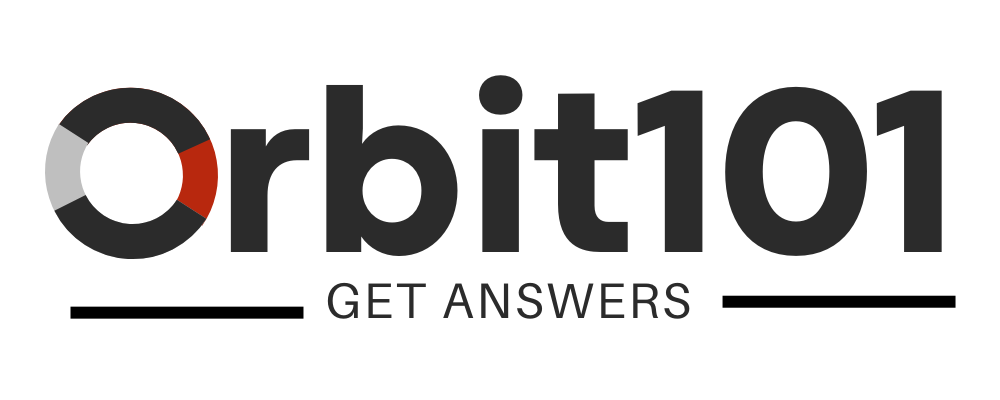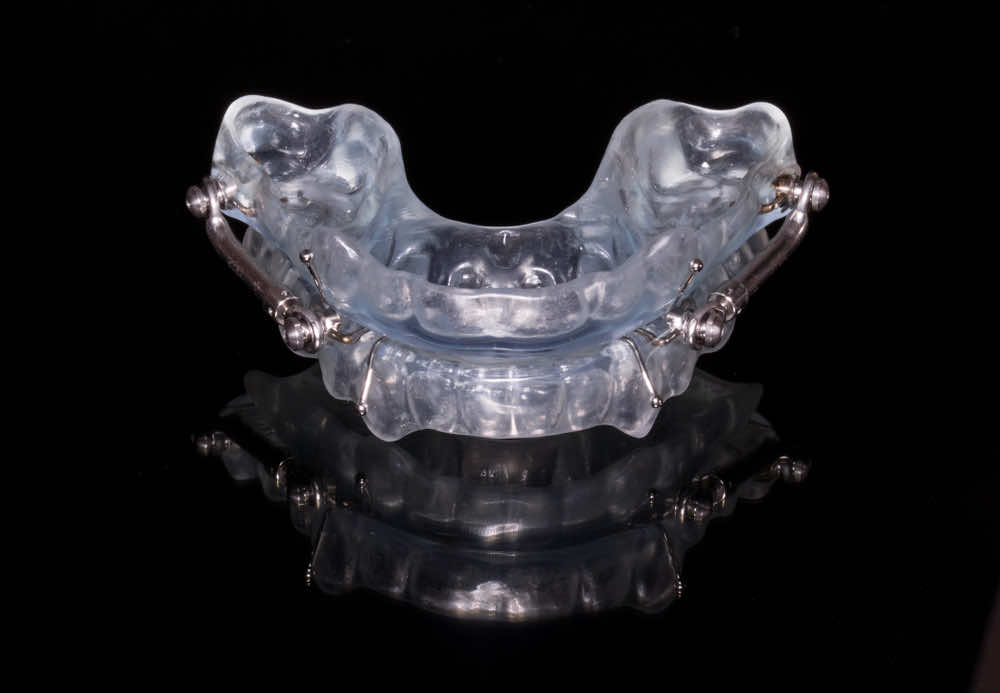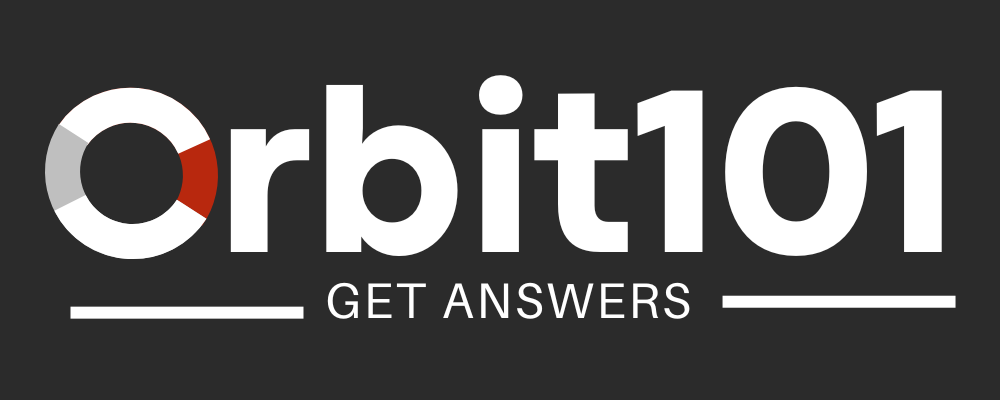Snoring disrupts the sleep of an estimated 90 million American adults. Over-the-counter snoring aids promise to silence bothersome snoring and improve sleep. But these devices also come with possible side effects to weigh before jumping in.
What Causes Snoring in the First Place
Before exploring snoring solutions, it helps to understand what causes the annoying sounds in the first place.
Snoring happens when loose tissues in the throat vibrate as air flows through narrowed airways during sleep. Some contributing factors include:
- Throat anatomy – enlarged tonsils/adenoids, elongated soft palate, large uvula or tongue
- Weight – excess fatty tissue narrowing airways
- Alcohol before bed – relaxes throat muscles
- Sleep position – gravity causes tongue to shift back
As airflow passes tissue obstructions, the soft tissues vibrate, producing rumbling snores.
Types of Snoring Devices and How They Work
A variety of over-the-counter devices aim to eliminate snoring by:
- Opening the nasal airway – nasal strips, nasal dilators
- Moving the tongue forward – tongue retaining devices
- Advancing the lower jaw – mandibular advancement devices
- Stiffening the soft palate – palatal implants
But each solution also has potential side effects.
Nasal Snoring Devices
Nasal strips use adhesive to lift open nasal passages.
Nasal dilators like Nozovent use spring-loaded prongs to expand nasal airways.
Nasal cones gently widen nasal openings when inserted.
Oral Appliances Worn Inside the Mouth
Tongue retaining devices (TRDs) hold the tongue forward using suction or orthodontic-like grips.
Mandibular advancement devices (MADs) bring the lower jaw forward to open the airway.
Palatal implants stiffen the soft palate to prevent vibration.
Know the Possible Side Effects
While over-the-counter snoring devices present low-risk options, users may experience:
Nasal Device Side Effects
- Skin irritation or redness from nasal strip adhesive
- Nasal dryness or crusting from dilators
- Discomfort, trouble breathing, sinus pain from cones
- Ear pain from dilator pressure
- Need for frequent adjustment of nasal cones
Oral Appliance Side Effects
- Jaw/tooth discomfort or gum irritation
- Excess salivation
- Difficulty swallowing or talking
- Tooth shifting or jaw alignment changes with long-term MAD use
- Jaw stiffness or soreness from MADs
- Bleeding, infection risk, implant extrusion with palatal implants
Tips for Safe, Comfortable Use
If trying over-the-counter snoring devices:
- Start with nasal options first, before oral appliances
- Follow all sizing and fitting instructions carefully
- Allow time to adjust to wearing oral devices before judging usefulness
- Keep appliances clean to prevent bacteria buildup leading to infections
- Stay hydrated and apply nasal moisturizer to ease discomfort
- Ask your doctor first if you have medical conditions like sinus problems, gum disease, or loose teeth
- Follow up regularly with your dentist or physician while using any oral appliance
Signs It’s Time to Seek Alternate Snoring Treatment
Consult an ear, nose and throat (ENT) specialist if loud snoring is accompanied by:
- Daytime fatigue or lack of energy
- Headaches upon awakening
- Gasping/choking episodes while sleeping
- High blood pressure
These signs may indicate sleep apnea, requiring a sleep study and customized treatment like CPAP therapy.
While over-the-counter snoring devices offer simpler options to quiet disruptive snoring, be mindful of potential adverse effects. Finding the right solution aligned to your anatomy and needs requires research and patience. Discuss all options thoroughly with your healthcare providers.
Comparing Major Snoring Device Types and Side Effects
| Device Type | How It Works | Potential Side Effects |
|---|---|---|
| Nasal strips | Open nasal passages | Skin irritation, limited benefit |
| Nasal dilators | Expand nasal passages | Nose dryness, mucus, discomfort |
| Nasal cones | Widen nasal openings | Headache, adjustment need |
| TRDs | Hold tongue forward | Tooth/jaw pain, excess saliva |
| MADs | Advance lower jaw | Tooth shifting, jaw stiffness |
| Palatal implants | Stiffen soft palate | Implantation bleeding/pain, infection risk |
While snoring can disrupt sleep and relationships, exercise caution with over-the-counter devices. Seek customized medical guidance to find the right anti-snoring solutions for your needs.


